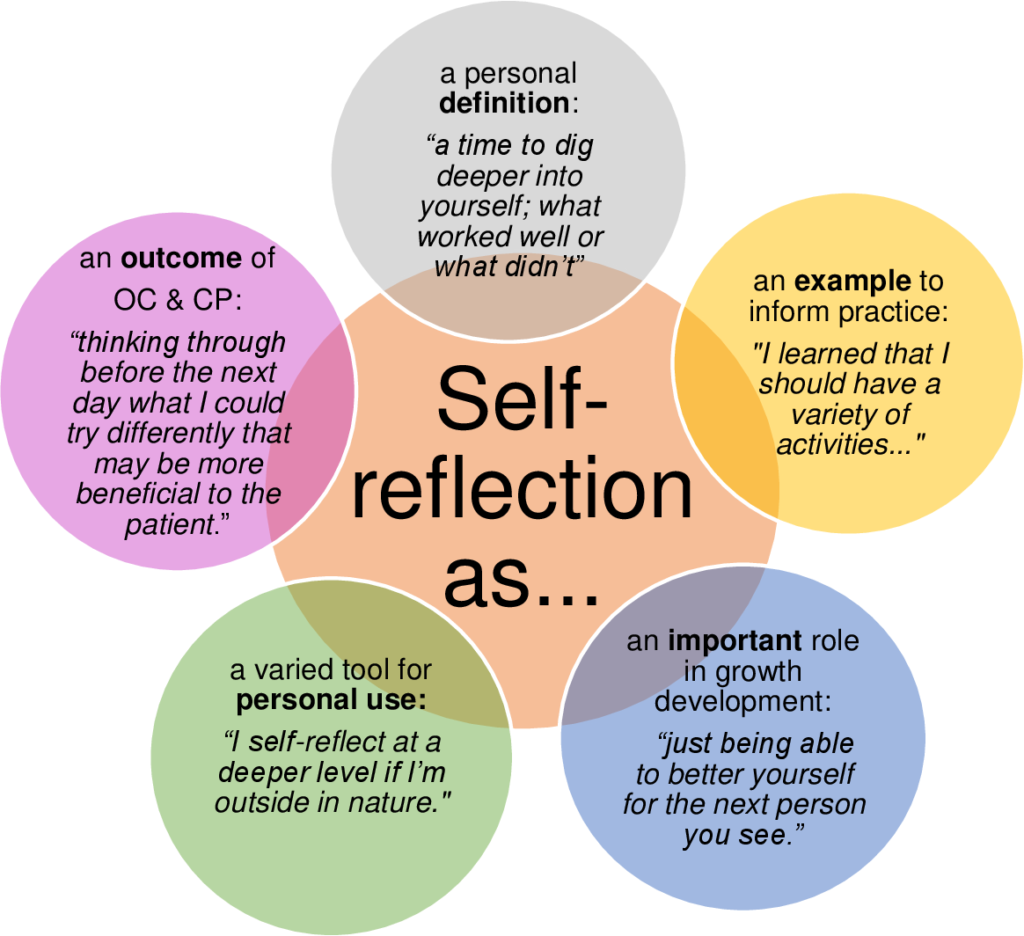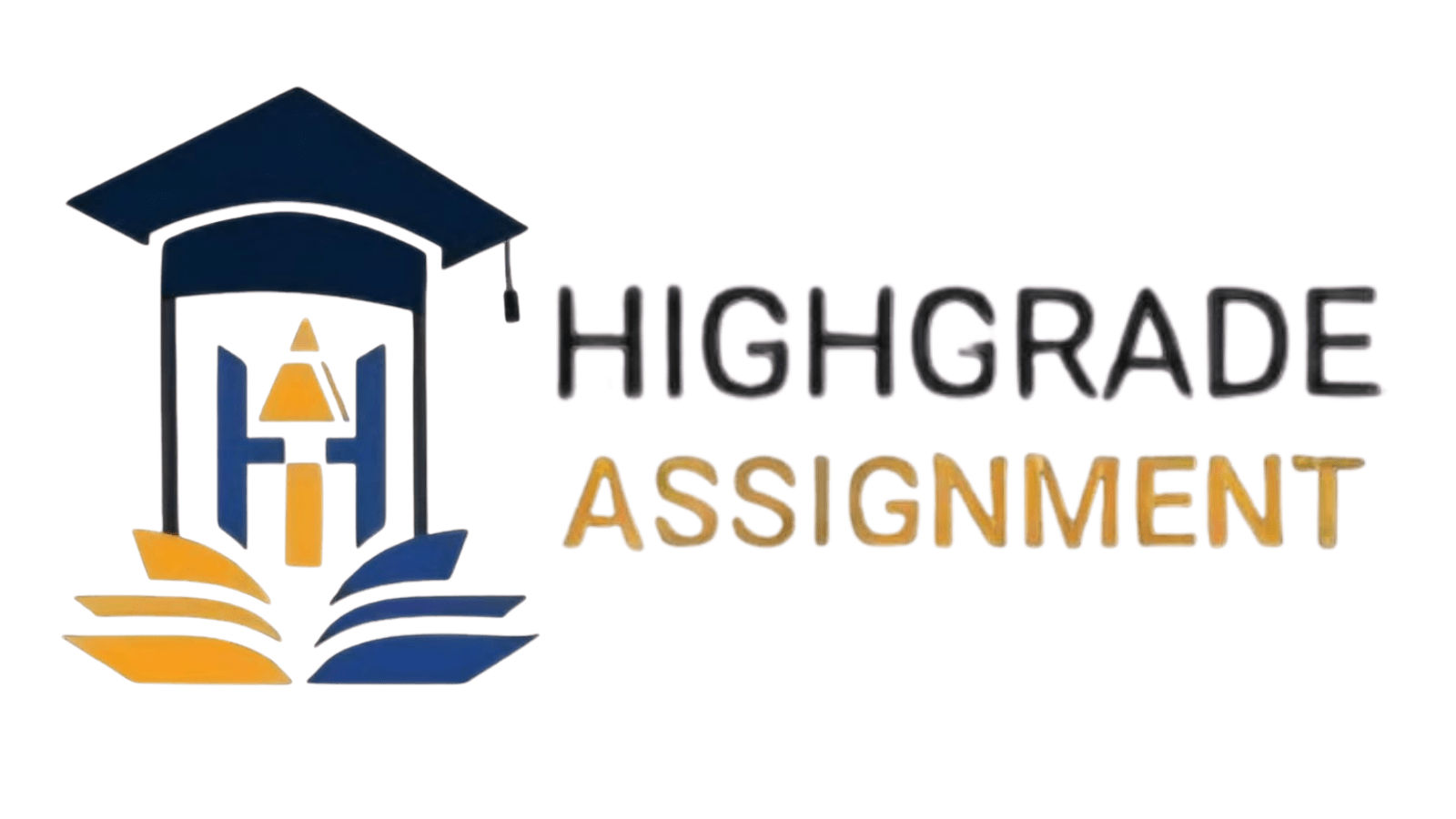The Role of Self-Reflection in Enhancing Assignment Performance
Self-reflection is essential for perfecting assignment interpretation since it fosters deeper understanding, particular evolution, and better intellectual effects. Learners take the time to critically call their literacy activities, enhancement, and areas for evolution as they exercise self-reflection.

There are always some principles they have to follow to evaluate their dreams, values and purposes in life, and with the help of self-reflection assignments, they will be able to make decisions more quickly and with ease.
Self-reflection Assignment Learning
Find your skills and weaknesses to achieve your dreams:
Learners can better understand the assignment’s literacy objects and conditions through self-reflection. They can estimate the goals set for them and evaluate their efforts consequently. Learners can honour their presence, similar to strong logical thinking or excellent skills, as well as implicit weak points, similar to time operation or exploration skills, via self-reflection. They may concentrate on utilising their knowledge and perfecting their shortages by being worried about these lacking. Learners are encouraged to call their approaches to tasks critically through self-reflection. They may evaluate their resolution-making procedures, ensure the success of their tactics, and consider other options as well. Through self-reflection, learners may break down difficult systems into realisable tasks by setting attainable ambitions. They can frame their work, duly prioritise conditioning, and cover their process by establishing clear targets. This procedure gives them a feeling of instruction and purpose, promoting a more concentrated and operative path to effectively completing assignments.
Think Critically
Learners can retain a dynamic and adaptable station to their systems by regularly reflecting on themselves. They can conserve mindfulness of their skills and develop a deeper knowledge of their educational process by routinely assessing their progress. By recognising obstacles, learners are better seasoned to proactively manipulate cases and understand their study fashions and styles to boost productivity and forcefulness. This nonstop feedback circle improves their common intellectual interpretation and gathers useful capacities beyond personal tasks, supporting them in their unborn intellectual endeavours.
Evaluate your progress and motivate yourself:
A person’s academic mindset is organised by the positive understanding that results from self-reflection and observing particular processes. When people borrow the idea that skills can be acquired via hard work and tolerance, they’re more suitable to manage difficulties. Their interpretation of the present-day assignment is affected by their recently discovered confidence, which also affects how well they do in other intellectual endeavours and motivates them to approach coming work easily and effectively to achieve their dreams. Self-reflection helps them become more self-aware, allowing them to understand their literacy preferences, study routines, and passionate responses to difficulties. They can exercise this information to support them and decide how to approach coming assignments in an educated manner.
By incorporating these practices into their tutoring strategies, preceptors may encourage the idea that self-reflection makes perfect assignment interpretation. This might be giving away learners’ organized reflection questions, promoting keeping track, having one-on-one addresses describing their tasks, or offering chances for peer and self-evaluation. In the end, it can be said that self-reflection equips learners to take the power of their intellectual experience and shadow the ongoing process.
